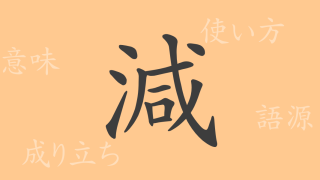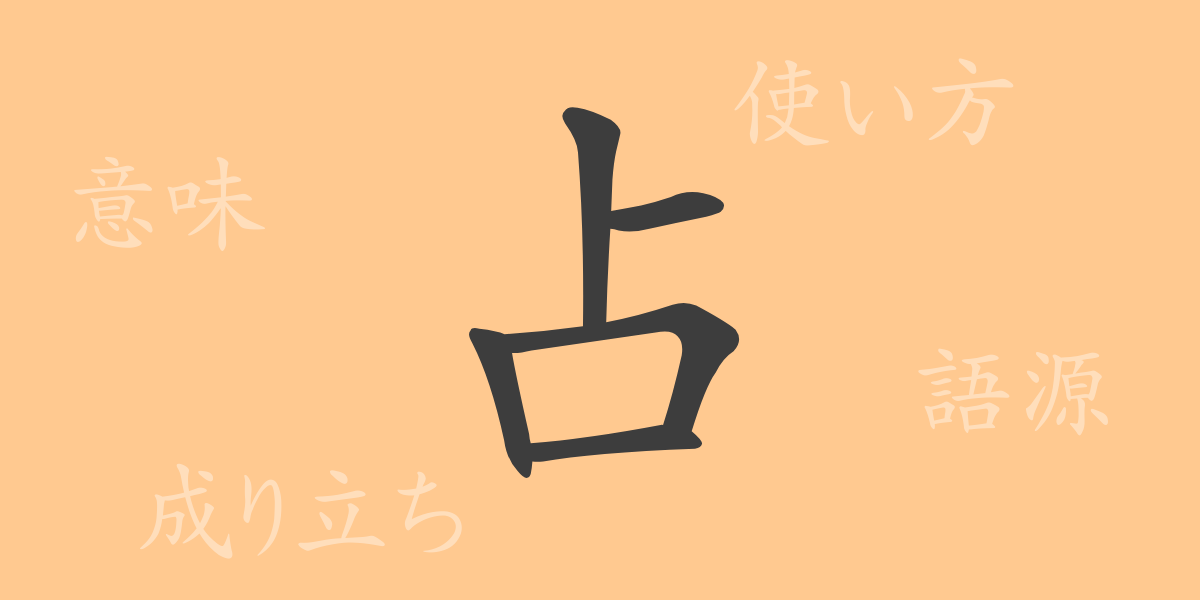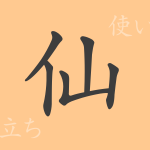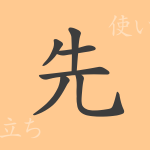Kanji, deeply rooted in Japanese culture, encapsulate a wealth of meanings and history within a single character. “占” (セン) might commonly conjure images of fortune-telling, but its significance extends far beyond. This article delves into the world of the kanji “占,” exploring its origins, meanings, applications, and its presence in idioms and proverbs, enriching our understanding of its profound cultural and historical roots.
Origins of 占 (セン)
The kanji “占” originated from ancient China, stemming from the practice of divination known as “卜占” (ぼくセン), which involved burning turtle shells or bones. This practice, predating the invention of writing, played a significant role in ancient Chinese history and culture. The character “占” combines “卜” (ぼく), meaning divination, with “口,” representing the mouth, encapsulating the act of foretelling the future through spoken words.
Meaning and Usage of 占
“占” has multiple meanings including “to divine,” “to occupy,” and “to possess.” Commonly used to denote foretelling, it also refers to occupying or taking up a portion of something, such as space or an aspect of an object. In modern usage, it can also indicate occupying time or percentages, reflecting its versatility beyond physical space.
Readings, Stroke Count, and Radical of 占
The kanji “占” offers various readings, adapting to different contexts.
- Readings: On’yomi “セン”; Kun’yomi “しめる” (shimeru), “うらなう” (uranau).
- Stroke Count: 5 strokes.
- Radical: 卜 (ぼくづくり).
Phrases and Proverbs Using 占
Many idioms, phrases, and proverbs featuring “占” reflect its rich applicability in Japanese.
- 占い師 (うらないし) – A fortune-teller.
- 占領 (せんりょう) – To occupy a territory, such as enemy land.
- 独占 (どくせん) – To monopolize, holding something exclusively.
- 占い占う (うらないうらなう) – Repetitive actions, often used to describe doing something over and over.
- 占めると占われる (しめるとしめられる) – To be preempted by someone else before one can act.
Conclusion on 占
The kanji “占” has evolved from ancient divination practices to embody various meanings in modern Japanese, from divining futures to occupying spaces. Each idiom and phrase that includes “占” enriches our understanding of Japanese culture and history, illustrating the kanji’s indispensable role in both daily life and broader cultural contexts. Exploring the deep meanings embedded in each kanji character like “占” unveils the profound intricacies of the Japanese language.

























